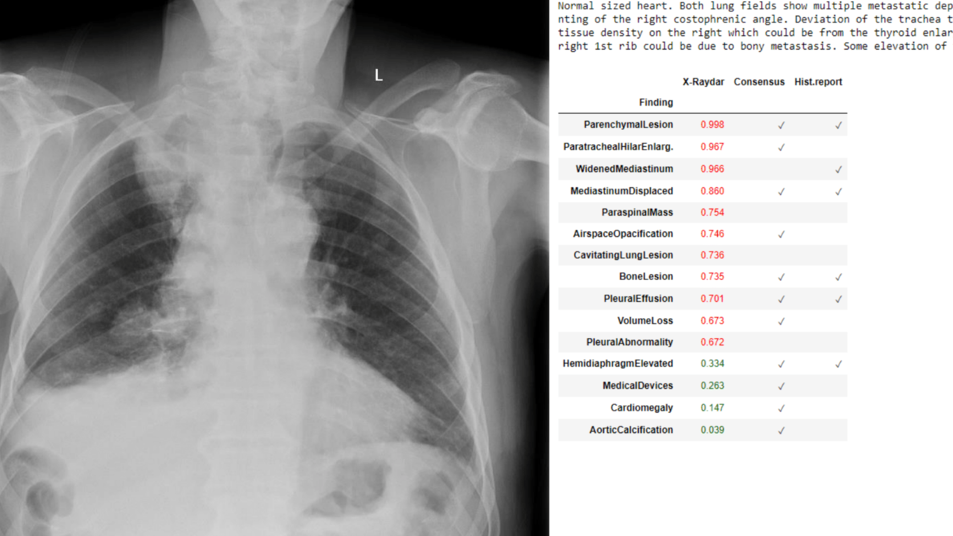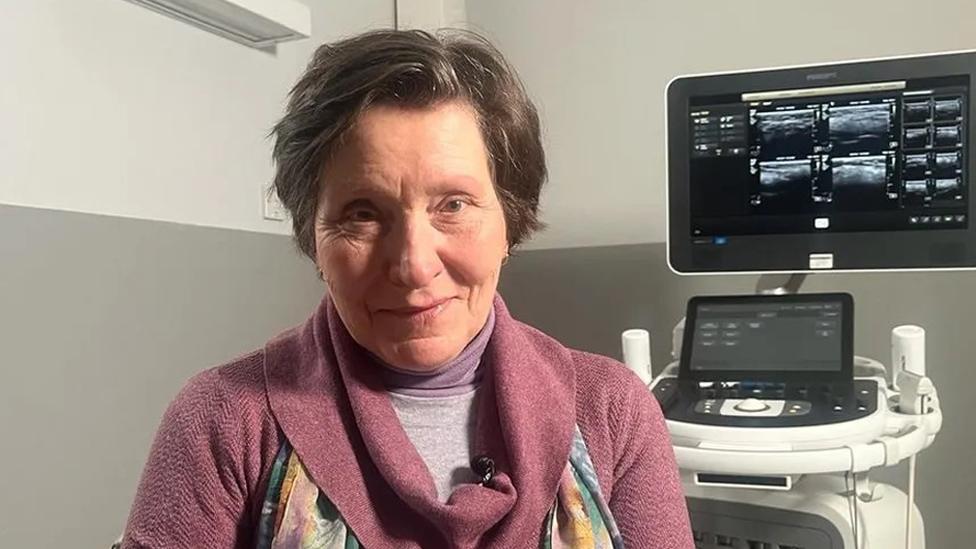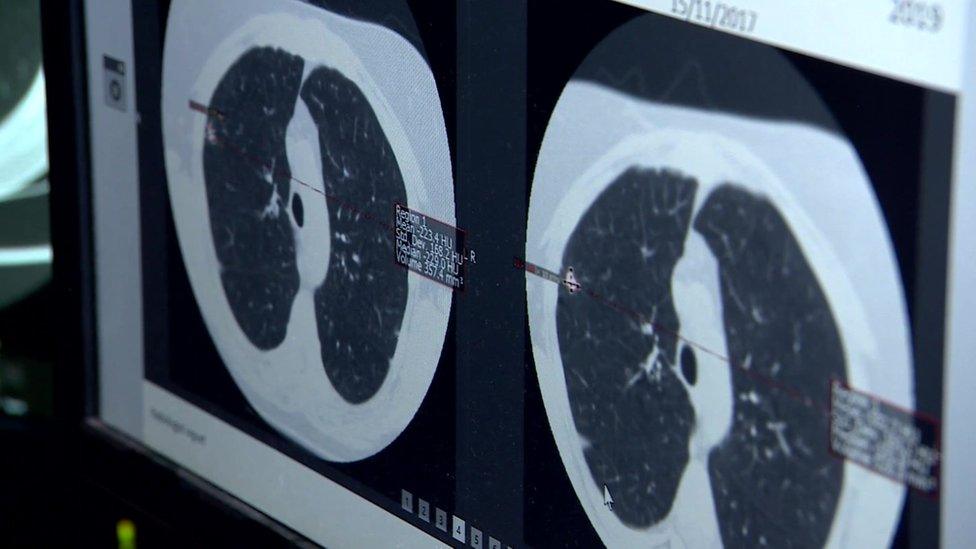AI researchers work on detecting arthritis earlier

The University of Reading has been granted £1.2m to develop a way to find rheumatic and muscolskeletal diseases more quickly
- Published
Artificial intelligence (AI) is set to improve the early detection of diseases like arthritis, researchers have said.
A team at the University of Reading has been granted £1.2m in funding to develop a way to find rheumatic and muscolskeletal diseases (RMD) earlier.
The institution's Henley Business School is leading the three-year project to create a machine learning system called RMD-Health.
Royal Berkshire NHS Foundation Trust and Oxford University Hospitals NHS Foundation Trust will be the first hospitals to pilot the machine.
The project has been partly funded by the National Institute for Health and Care Research.
The team will work to produce a machine that is ready for regulatory approval and commercialisation.
Professor Weizi Li, project lead, said: “Unlike existing solutions, which often rely on the advice and guidance from already stretched rheumatology specialists, we’re introducing a machine learning-based decision support system."
Pro Li said this would enable doctors to "refer patients more accurately and promptly, ultimately leading to quicker and more effective treatment".
'Higher accuracy'
Dr Antoni Chan, project co-lead and consultant rheumatologist and physician at the Royal Berkshire Hospital, said: “This exciting and innovative project represents a major step forward in the early detection and referral of RMD, promising improved patient outcomes, reduced healthcare costs and increased efficiency across our healthcare system."
The machine is being developed using available patient referral data, which Dr Chan said had so far demonstrated "significantly higher accuracy" compared to existing clinical criteria and clinicians' assessments.
AI experts will work on the software prototype, alongside secondary care specialists, GPs, industry stakeholders, patients and the public.
Henley Business School is also partnering with the RBFT Health Data Institute (HDI), Health Innovation Oxford and Thames Valley, Buckinghamshire, Oxfordshire and Berkshire West Integrated Care Board and patient leaders for the project.
Get in touch
Do you have a story BBC Berkshire should cover?
You can follow BBC Berkshire on Facebook, external, X (Twitter), external, or Instagram, external.
Related topics
- Published11 December 2023

- Published21 March 2024

- Published2 January 2018

- Published31 August 2024
